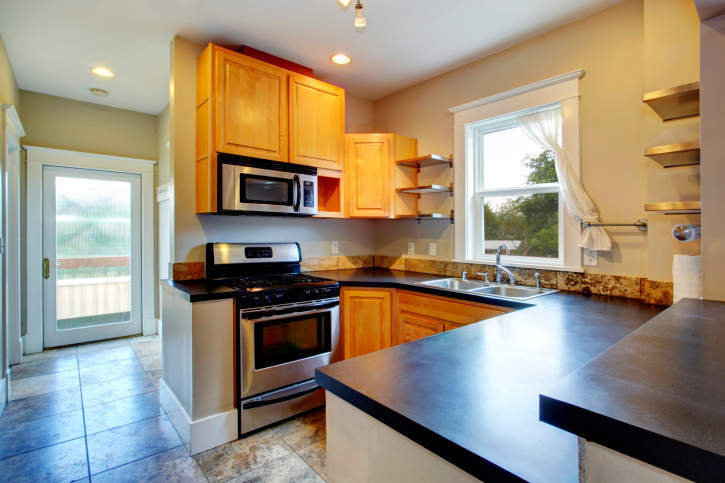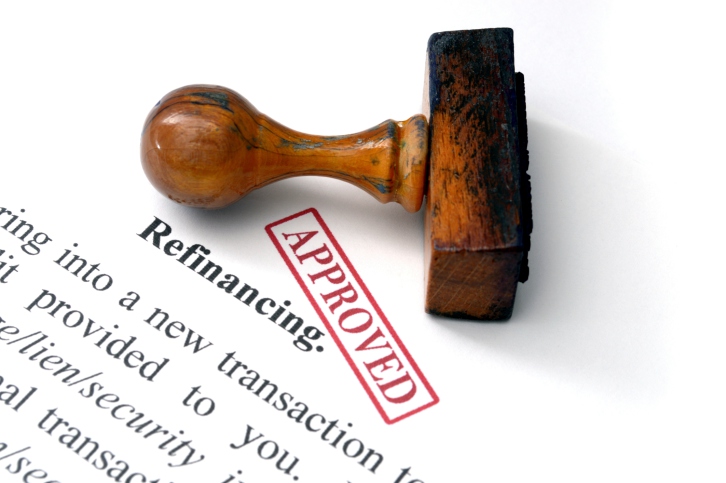Concrete Countertops: Learn Why Concrete May Be the Best Thing to Hit Your Kitchen
 Updating your kitchen may be a project that you have been looking forward to for a long time. Now that the time has come to get started working on your project, you may be exploring the different materials that are available to use in your kitchen. The counter tops are often a prime focal point for a kitchen remodeling project. While there are several materials available to consider, concrete may be the best option for a number of reasons.
Updating your kitchen may be a project that you have been looking forward to for a long time. Now that the time has come to get started working on your project, you may be exploring the different materials that are available to use in your kitchen. The counter tops are often a prime focal point for a kitchen remodeling project. While there are several materials available to consider, concrete may be the best option for a number of reasons.
Endless Design Options
Concrete is a popular material that is used on patios, decorative floors and more because it can be stained, scored and shaped with almost endless possibilities. Just as the design options are limitless for other areas of the home, the same holds true when using concrete for your counter tops. You can customize the size, shape, finish, edge style and color without limits to achieve the desired look for your space.
Affordable Material
Concrete is not quite as affordable as laminate counter tops, but it is far more affordable than most other options. It also has a higher end look than laminate, and it can be poured, scored, and stained to mimic other higher end materials. This is a great way to get a luxurious look for your counter tops without paying a high price for them.
Highly Durable
Like many other materials that you may be thinking about for your counter tops, concrete will need to be sealed for long-lasting beauty and style. Once sealed, this is a material that is resistant to damage from heat exposure, staining, water exposure and more. Essentially, it is one of the most durable materials that you can use in your kitchen.
The kitchen is by all accounts a functional room, and counters will be exposed to heat, water, sharp edges and more over the course of time. Concrete is a material that holds up well in this type of environment.
It is rarely easy to select the perfect materials to use in your home remodeling project. After all, you may be concerned about style, durability and cost, and each material may have pros and cons. After discovering the benefits of concrete counter tops, however, you may have found the material you are searching for. You can request a quote for your concrete counters and review the incredible design possibilities.
 Home buyers are often drawn to the FHA mortgage program due to the low interest rates, low closing costs and generally attractive loan terms. However, there will come a time when many who have an FHA mortgage want to refinance. After all, refinancing a mortgage may allow you to tap into your home’s equity, obtain a lower interest rate, extend or shorten the loan term or achieve other goals you may have. While there are different loan programs that you can use to refinance, many are taking advantage of the FHA streamline refinance program.
Home buyers are often drawn to the FHA mortgage program due to the low interest rates, low closing costs and generally attractive loan terms. However, there will come a time when many who have an FHA mortgage want to refinance. After all, refinancing a mortgage may allow you to tap into your home’s equity, obtain a lower interest rate, extend or shorten the loan term or achieve other goals you may have. While there are different loan programs that you can use to refinance, many are taking advantage of the FHA streamline refinance program. If you are self-employed, either as a freelancer or as the owner of your own business, your income can fluctuate greatly from year to year. That can make it difficult to get approved for a mortgage, although there are some things you can do to improve your chances. Here are three tips for securing a mortgage if you are self-employed.
If you are self-employed, either as a freelancer or as the owner of your own business, your income can fluctuate greatly from year to year. That can make it difficult to get approved for a mortgage, although there are some things you can do to improve your chances. Here are three tips for securing a mortgage if you are self-employed.